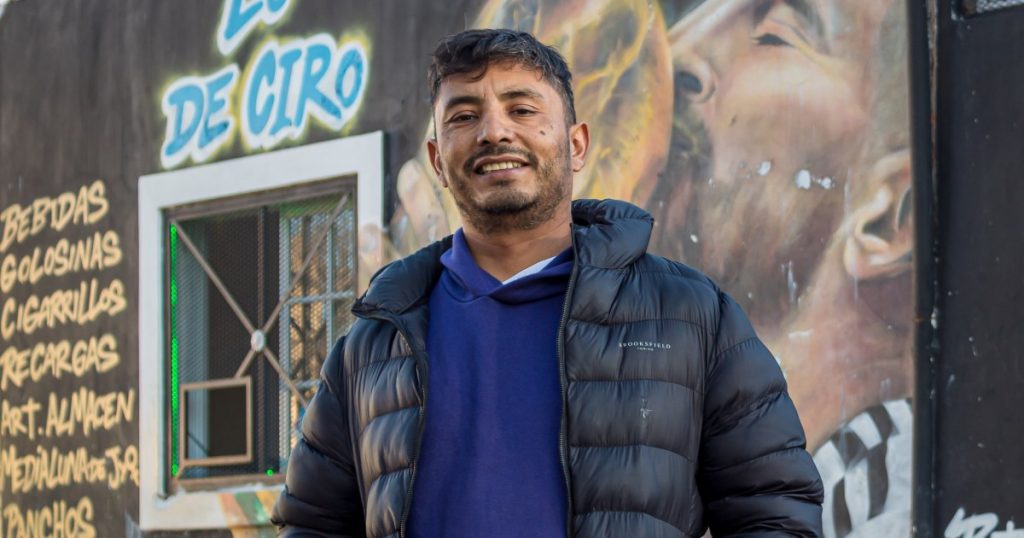Argentina is facing a significant challenge with its increasingly overcrowded prison system. The nationwide prison population had reached a record high of 105,053 people in 2022, marking a 233 percent increase over the number of imprisoned individuals in 2002. The conditions in these prisons are dire, with many lacking basic sanitary supplies, healthcare services, and even beds. Despite the need, access to higher-level education within the prison system remains limited, with only a small percentage of incarcerated individuals participating in university-level education programmes.
In an effort to address this issue, initiatives such as the in-prison university CUSAM at San Martin prison have been established. The goal of CUSAM is not only to provide educational opportunities to inmates but also to foster better relations among prisoners and contribute to a reduction in violence within the prison. Through partnerships with the National University of San Martin, CUSAM offers degrees in sociology and social work, aiming to teach students critical thinking skills and help them become responsible citizens. By treating the inmates as students rather than prisoners, the program seeks to empower them through education.
Research has shown that education can play a significant role in reducing recidivism rates among formerly incarcerated individuals. For example, a study from the University of Buenos Aires found that 84 percent of participants who graduated from a prison education program in 2013 did not reoffend in the years following their release. Similar trends have been observed in the United States, where a study from the Bard Prison Initiative and Yale University found that the more college credits an imprisoned person earned, the lower their recidivism rate was likely to be. Graduates with a bachelor’s degree had a recidivism rate of just 3.1 percent, well below the national average.
The impact of education goes beyond reducing recidivism rates; it also opens up opportunities and possibilities for individuals who have been incarcerated. Jessica Neptune, the director of national engagement at the Bard Prison Initiative, emphasized the transformative power of a university education in changing the trajectories of imprisoned students. Education not only equips individuals with the skills and knowledge needed to succeed in society but also provides them with a sense of purpose and direction. By investing in education within the prison system, society can help break the cycle of incarceration and give individuals a second chance at building a better future for themselves.
In Argentina, the success of programs like CUSAM highlights the importance of investing in education within the prison system as a means of rehabilitation and reducing crime rates. By providing inmates with access to higher-level education and fostering a supportive learning environment, initiatives like CUSAM not only improve the lives of incarcerated individuals but also contribute to creating safer and more harmonious prison environments. These efforts align with research that demonstrates the positive impact of education on reducing recidivism rates and empowering individuals to make positive changes in their lives.
The story of CUSAM and the positive outcomes it has achieved serve as a model for other countries grappling with high rates of incarceration and overcrowded prisons. By prioritizing education as a tool for rehabilitation and reducing recidivism, societies can not only improve the lives of incarcerated individuals but also create safer communities for all. The transformative power of education cannot be overstated, as it has the potential to change the trajectory of individuals’ lives and provide them with the skills and opportunities needed to succeed after their release from prison. Through continued investment in education within the criminal justice system, countries can help break the cycle of incarceration and build a more just and equitable society for all.













